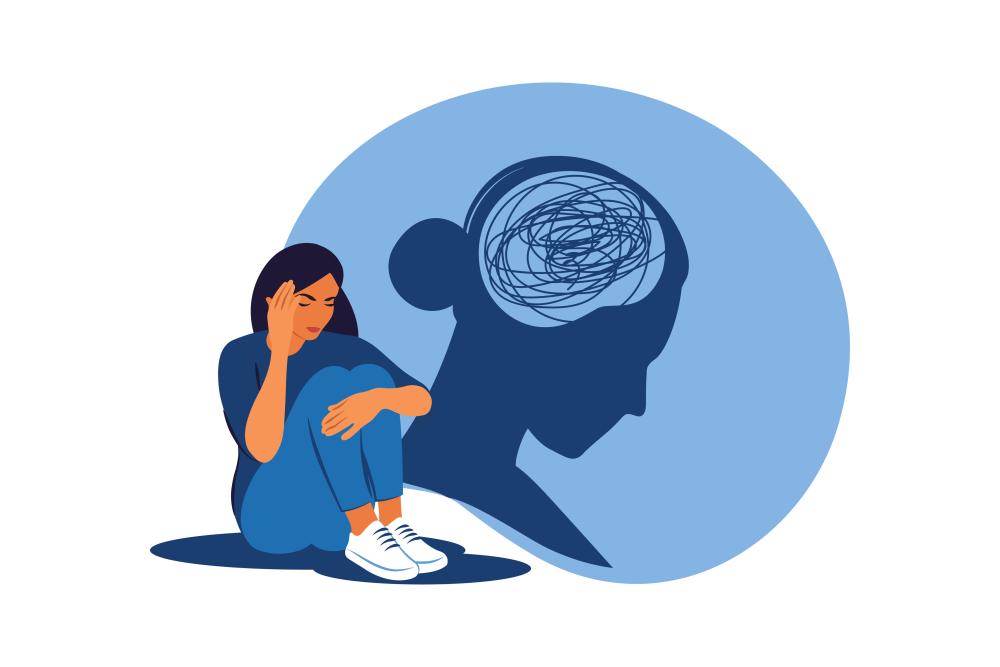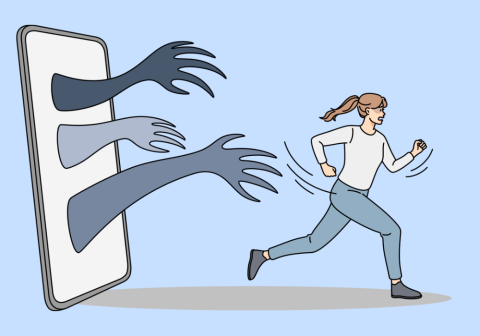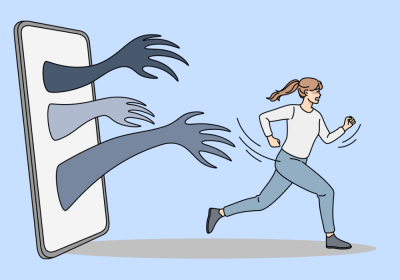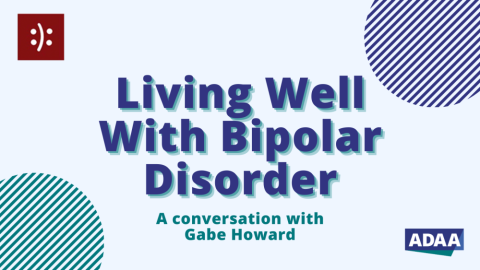 Kerry Ressler, MD, PhD
Kerry Ressler, MD, PhD
Professor of Psychiatry, Harvard Medical School
Chief Scientific Officer
James and Patricia Poitras Chair in Psychiatry
Chief, Division of Depression & Anxiety Disorders
McLean Hospital
We have all felt afraid. Fear makes some feel unique, alone, embarrassed, or ashamed, while others may become angry, defensive, or hostile. Socially, group experiences of fear of the unknown and xenophobia can drive negative political movements and mass hysteria.
Throughout human history, fear has driven our actions and often unwanted emotions and behavior – such as anxiety, PTSD, and aggression. As a society, fear-based societal movements have been unethical, inhumane, and destructive. Ironically, fear, which exists for our individual survival, may be the strongest emotional driver of risk for our own self-destruction as a species.
Why is the emotion of fear so strong? All mammals share a similar evolutionarily conserved neural circuitry of threat processing. The fear reflex is arguably the strongest of primitive instincts for survival and a critical driver of evolution. Begging the question: can this most base, most central emotion be controlled?
In recent years, neuroscientists have made amazing advancements in our understanding of the role of the amygdala, the best known brain area underlying the fear response, and its interactions with other regulatory brain components. Specific individual cell populations that are intermingled within the amygdala appear to relay fear-on vs. fear-off behavioral pathways. A whole array of fantastic new molecular tools has allowed a functional dissection of cells, molecules and pathways that underscore fear processing and its inhibition. Remarkably, science-fiction-esque approaches appear to allow fear to be ‘turned-off’ in precise ways in the laboratory, suggesting exciting and potentially transformative new therapeutic approaches.
Our current scientific understanding of the ‘fear reflex’ is among the most advanced in neuroscience for understanding complex behavior. The amygdala is conserved in function across most vertebrate species, and through interactions with cortical and hippocampal regions, it regulates downstream hardwired projections, leading to the innate ‘fear reflex’. Among the most exciting research in this area is our burgeoning understanding of how fear can be overcome through specific inhibitory pathways and enhancing extinction of fear – a process often thought to underlie exposure based psychotherapy.
In addition to its role in anxiety and fear-related disorders, there is an insidious nature of fear in society. In fact, xenophobia and implicit biases are thought to be conserved processes for group survival. Given recent political and social events, it is also clear how fear is so often the underlying emotion behind political and societal disruption, even war.
Importantly, as individuals, and as an increasingly complex and interwoven society, overcoming fear may be critical to our survival. The progress being made in the neurobiology of fear will hopefully lead to novel therapeutics and approaches – both for our disorders of anxiety and fear, but also for our culture. Perhaps, a critical next step in ‘social evolution’ -- overcoming our innate primal fear instincts -- may permit cortically-driven rational decision making to overcome our amygdala-centered instinctual, but irrational and often destructive fears. Mastery of this once so important evolutionary fear drive may be necessary for future survival of individuals and society.
















